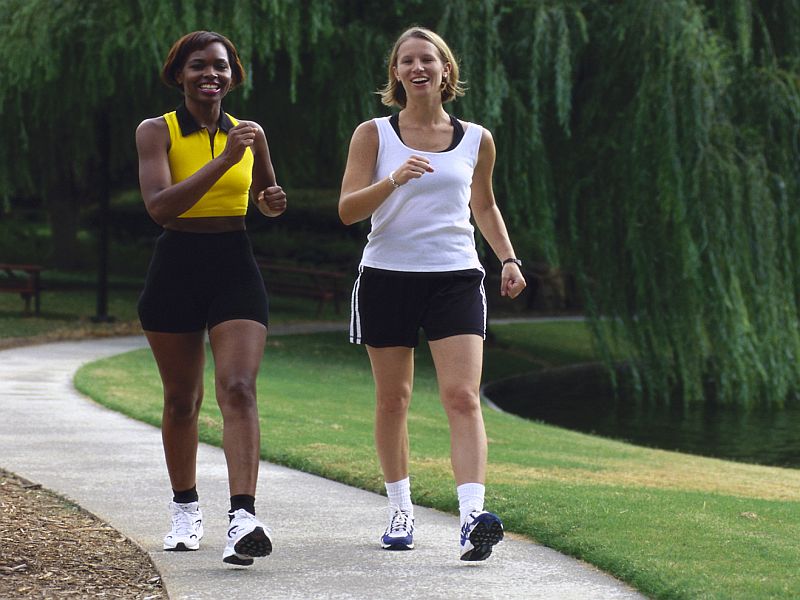
Can sex help improve the health of a Parkinson’s patient? It might — at least for some. So claims a new two-year study that tracked the sexual habits and disease progression among 355 Parkinson’s patients. “This is in line with data showing a close relationship between sexual health and general health, both in healthy individuals… read on >















